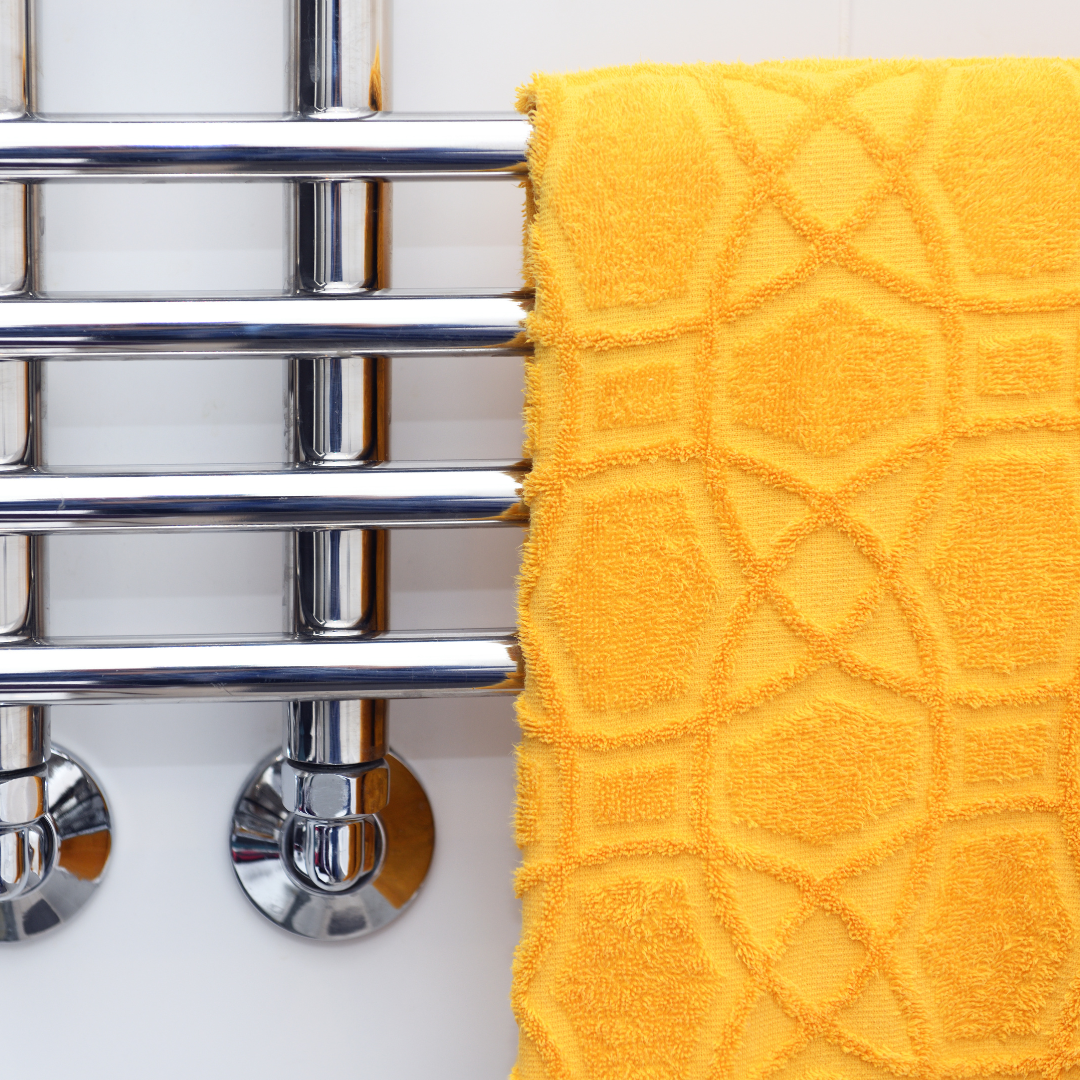
Can herpes live on surfaces?
I read that the herpes virus does not last very long outside the body. I’m sending you two studies I found online that suggest HSV can live for two hours at room temperature. Which information is correct? It seems to me bathrooms might be a real risk.
Expert answer
Research suggests herpes simplex virus (or HSV) outside the body begins to degrade fairly quickly. The real issue is whether or not herpes virus on objects can be passed on and cause infection: let us assure you there is no documentation that HSV has ever been contracted through inanimate objects like a toilet seat. In the book ASHA publishes, Managing Herpes, the authors write:
Can you get herpes from a toilet seat, for example, or a dirty towel? The basic answer on the risk of getting herpes from inanimate objects like these is something along the lines of “generally impossible.” The main reason for this goes back to our earlier discussion about transmission, about skin to skin contact, and about the likely places where herpes can take hold. If you rubbed a herpes sore against a towel, for instance, some of the herpes simplex virus could be deposited onto the towel. The virus may persist outside the body for several hours, but soon it begins to lose its ability to invade and colonize new cells.
While the possibility of HSV transmission through objects cannot be discounted, experts do believe the risks are slight. A common sense approach will suffice: with the example mentioned above, it might be smart not to dry you face with a towel immediately after using it to dry an area that has herpes lesions. Again, let us stress the risk here is minimal at best, and don’t lose sleep over “what if…” scenarios. It’s also a good idea not to use or share sex toys during outbreaks, and to clean them thoroughly after each use.
—ASHA Staff
Excerpt taken from: C Ebel, A Wald. Managing Herpes, pp. 62-63. (c) American Social Health Association, 2009.
